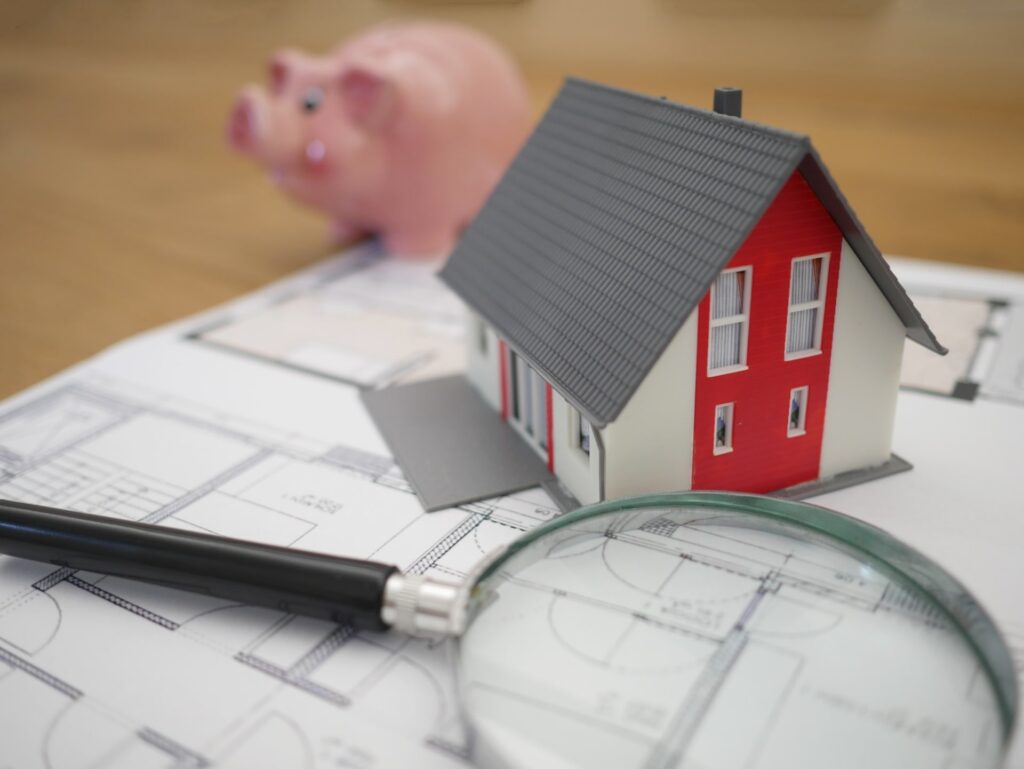
Introduction
Real estate development has come a long way from merely constructing buildings to transforming entire communities. In today’s rapidly evolving world, successful real estate developers are embracing innovation to create sustainable, dynamic, and people-centric spaces. Say’s Richard Zahn, this article delves into the exciting innovations shaping the landscape of real estate development, revolutionizing the way we live, work, and interact within our communities.
1. Smart Technology Integration
One of the most significant innovations in real estate development is the integration of smart technology into buildings and communities. Smart homes equipped with automated systems for lighting, temperature control, and security enhance comfort and convenience for residents. Additionally, developers are implementing IoT (Internet of Things) solutions to create smart communities that efficiently manage resources like energy and water. These technological advancements not only improve the quality of life for residents but also contribute to environmental sustainability.
2. Mixed-Use Developments
Gone are the days when real estate developments were limited to single-use properties. The trend of mixed-use developments is gaining popularity as developers recognize the benefits of combining residential, commercial, retail, and recreational spaces in a single project. Mixed-use developments create vibrant, walkable neighborhoods, reducing the dependency on cars and promoting community interaction. Residents can live, work, shop, and socialize within the same vicinity, fostering a sense of belonging and a more balanced lifestyle.
3. Adaptive Reuse and Regeneration
Innovative real estate developers are now looking beyond constructing from scratch and exploring adaptive reuse and regeneration of existing structures. Repurposing old factories, warehouses, or historical buildings not only preserves the community’s heritage but also reduces construction waste and carbon footprint. Adaptive reuse projects breathe new life into neglected areas, revitalizing neighborhoods and attracting new businesses and residents.
4. Wellness-Oriented Spaces
Health and well-being have taken center stage in the real estate industry. Developers are incorporating wellness-oriented design principles into their projects to promote the physical and mental well-being of residents. From incorporating green spaces and nature-inspired elements to providing fitness amenities and access to outdoor activities, these developments prioritize the overall health of the community. Such spaces are not only appealing to potential buyers but also foster a sense of community and harmony among residents.
5. Sustainable and Net-Zero Developments
Sustainability has become a guiding principle for modern real estate development. Net-zero developments, where a building’s energy consumption is offset by on-site renewable energy production, are gaining traction. Moreover, green building certifications like LEED (Leadership in Energy and Environmental Design) are becoming standard requirements. Sustainable building materials, energy-efficient designs, and renewable energy sources are integral to creating environmentally responsible developments that leave a positive impact on both the planet and its inhabitants.
Conclusion
Innovations in real estate development are transforming communities for the better. The integration of smart technologies, the rise of mixed-use developments, and a shift towards adaptive reuse and regeneration are changing the way we experience urban living. Moreover, the focus on wellness-oriented spaces and sustainability is creating healthier, more resilient communities. As the real estate industry continues to evolve, these innovations will shape a more sustainable, inclusive, and prosperous future for all. Embracing these advancements not only benefits developers and investors but also contributes to the well-being and happiness of the people who call these innovative communities home.